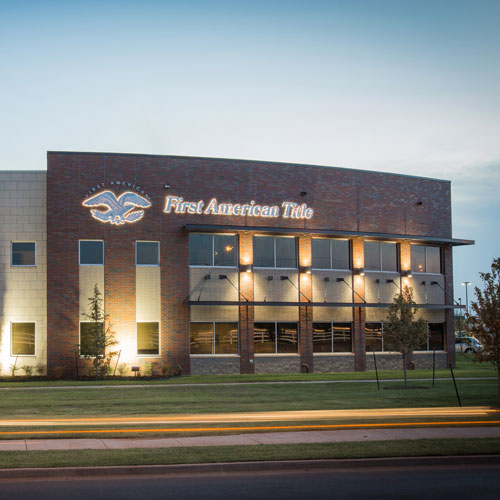
—Rico Cheung, Senior Vice President, Partner
Some people know their niche when they find it. Rico Cheung has been in the commercial real estate business for 25 years and has focused almost entirely on serving biotechnology companies in California’s Bay Area during that time. He’s worked in-house as a corporate real estate advisor and has also run his own brokerage. For the last several years, however, he’s been at Kidder Mathews, the leading independent commercial real estate firm on the West Coast with more than $3.2 billion in annual transactions and 30 million square feet of property in its portfolio. Biotechnology real estate is a narrow, specialized niche and Cheung keeps his finger on its pulse every day.
“Biotech companies are one of the more difficult projects to work on in commercial real estate,” he says. “I’ve had to learn how [biotech] tenants look at real estate and how they plan for it.” Cheung, who focuses primarily on tenant representation, says existing laboratory space suitable for biotech companies is quite scarce, especially for startup firms that are looking for under 10,000 square feet. Buildouts typically take three to six months, “but when these companies get funded they need to get into a space immediately so they can begin doing their research,” he says.
The high-demand, low-supply situation means that Cheung has to stay ahead of the curve. That’s where his handcrafted database comes in: Cheung tracks every existing laboratory space in the region (along with spaces that have the existing infrastructure that would lend itself to a more cost effective buildout). He also tracks tenants and the development trajectory of those companies. So, instead of only knowing which laboratory spaces are actually on the market, he keeps up with spaces that aren’t currently available. That way, he has an idea of when those spaces might become available. He knows when leases will expire, which companies are about to take on a new round of financing and are likely to relocate to a larger site, and which companies are going through a layoff and might have some extra space available for sublease. “These are what we call ‘shadow’ spaces,” he says.
In particular, Cheung works with biotech companies in the Chinese community, which have a significant presence in the Bay Area. Most are in the diagnostic field and require 60 to 80 percent of their space to be devoted to laboratories. “Startups usually need 70 to 80 percent lab space,” Cheung says. “But as they grow and become more of a commercialized company, their laboratory needs scale down to the 30 to 50 percent range.”
Biology and chemistry laboratories are common requirements, along with good manufacturing practices (GMP) space, which designates manufacturing environments that adhere to strict US Food and Drug Administration guidelines for biotech companies. Some clients also need a vivarium, which are in-house research facilities for animals—mostly small animals like mice and rats, according to Cheung, but occasionally bigger animals are involved as well. Client confidentiality is key in those situations “because there are animal rights activist groups that think no one should be doing research on animals,” he says.
The cost to build laboratory facilities, vivariums, and/or manufacturing spaces ranges anywhere from several hundred to many thousands of dollars per square foot. Construction costs will reach the upper end of that range if the company requires vivariums or manufacturing space. “The universe of landlords willing to spend that kind of money to build a laboratory space is still fairly small—about five or six now versus one or two when I started,” Cheung says. He knows them all very well, but acknowledges that it’s still the tenant that usually pays for the building improvements in the biotech industry. His role is to negotiate the deal.
Putting in 12- to 14-hour days, five days a week, Cheung is not only a broker. He is also a hands-on real estate consultant who often manages the entire process: from strategic real-estate planning, to property searches, to lease negotiation, to interfacing with the client’s service providers when a buildout is needed. He coordinates with architects and general contractors and makes sure that the permitting process runs smoothly at city hall.
“You can’t just look at real estate from a static point of view,” he says. “I work with my clients in the very early stages to evaluate how the company is going to grow, what kind of labs they are going to need over time, and then we take that growth model and put it in front of the landlord—the company is always going to look better to a landlord if you can show them how the company is going to grow.”


